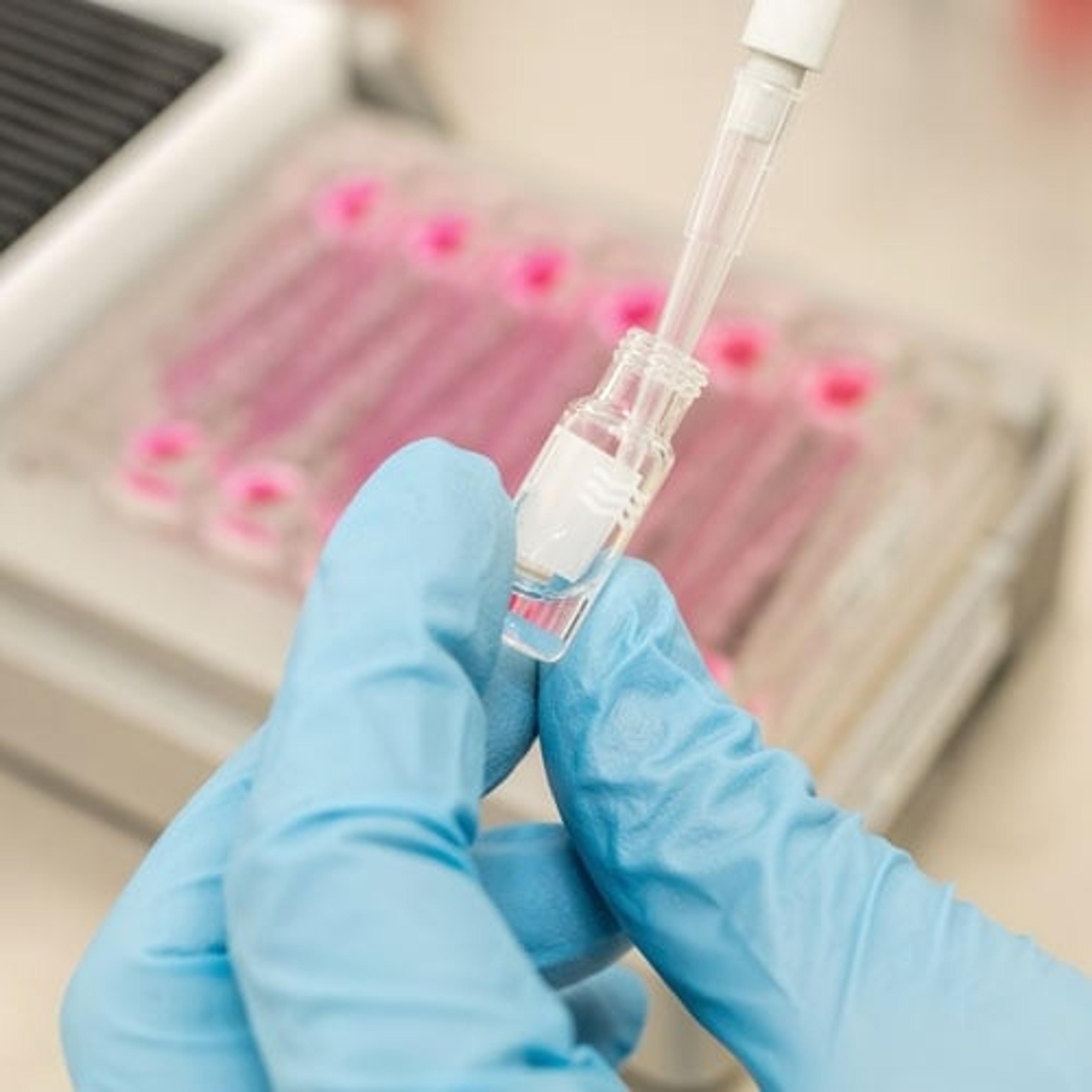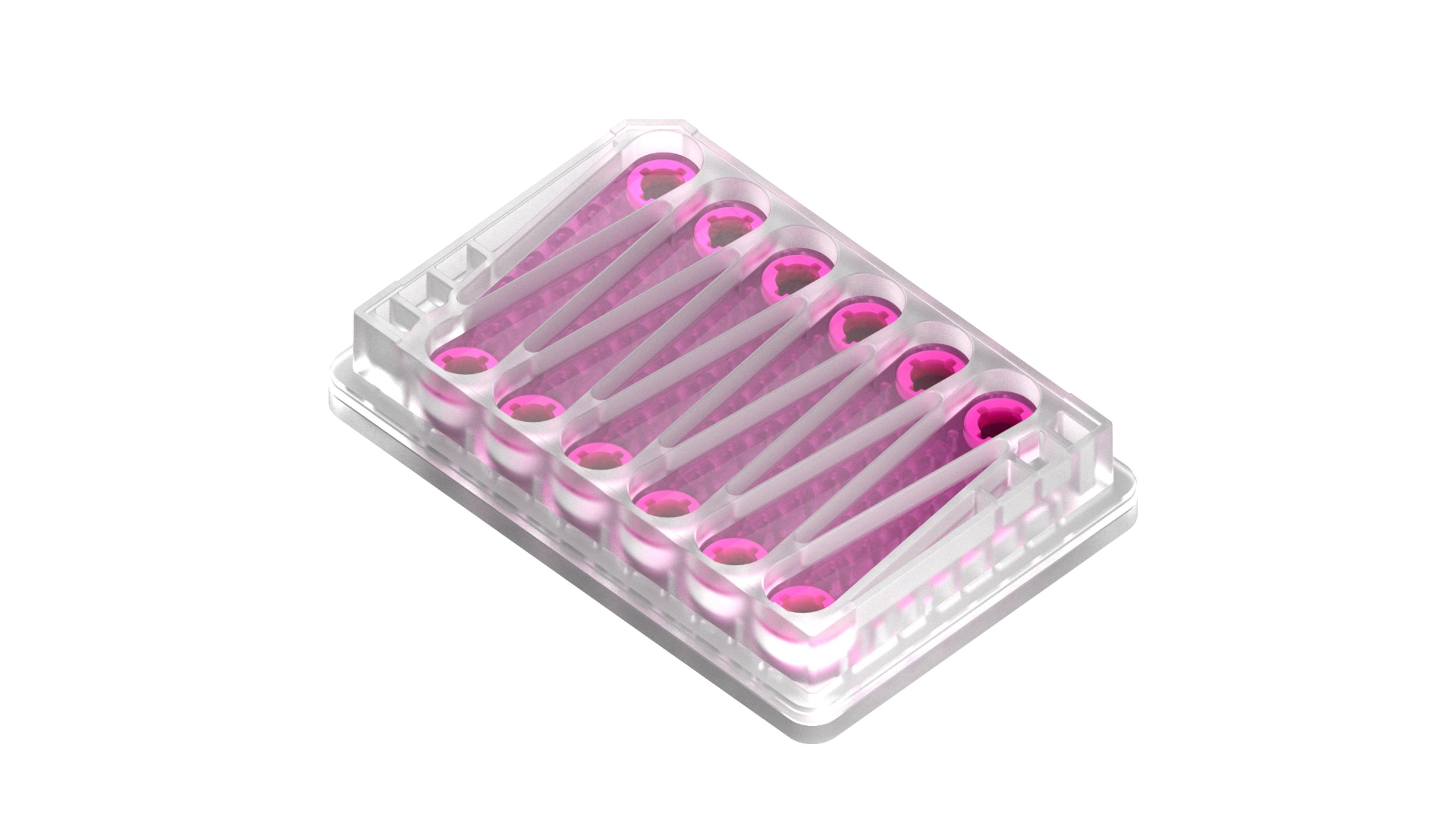CN Bio and Cambridge University identify novel regulatory pathway driving Non-Alcoholic Steatohepatitis
8 Jun 2020
CN Bio has announced the publication of co-authored research led by researchers at the University of Cambridge in Nature Metabolism, identifying a novel pathway that regulates the underlying mechanism of Non-Alcoholic Steatohepatitis (NASH). The collaborative work uses CN Bio’s NASH model to help elucidate the complex cellular mechanisms that cause liver fibrosis.
The group demonstrated that Bone Morphogenetic Protein 8B (BMP8B), a poorly characterised member of the BMP/TGFß superfamily, exhibits marked upregulation during Non-Alcoholic Fatty Liver Disease (NAFLD) to NASH disease progression. This surge of BMP8B was shown to be an important mediator of liver disease progression, and a leading pathogenic mediator of the wound healing response of NASH, therefore presenting itself as a potential therapeutic target.
Contributing organisations include: University of Cambridge, Newcastle University, National & Kapodistrian University of Athens, Nordic Bioscience A/S, Sorbonne Université, Imperial College London and Wellcome Trust Sanger Institute.
The paper illustrates the direct translation between CN Bio’s NASH assay, human clinical studies and in vivo mouse models. It demonstrates that the MPS NASH model can offer more human-relevant data than standard liver tissue studies, and a quicker and cheaper option to study NASH pathophysiology with similar results to long and expensive animal models to better inform the drug discovery process and reduce associated costs. Cell cultures were performed in CN Bio’s MPS NASH model, utilising its proprietary liver-on-chip technology, which enables longer term in vitro culture (>1 month) of primary human hepatocytes in 3D microtissue structures. The NASH assay captures all key aspects of the different stages of the NAFLD/NASH spectrum: intracellular fat accumulation, inflammation and fibrosis.
Dr David Hughes, CEO, CN Bio, commented: “Increasing global levels of obesity are paralleled with growing numbers of NASH patients. However, currently there are no therapies on the market to treat the disease, with candidates in phase 3 clinical trials not effective enough to treat the majority of patients. By providing human-relevant organ-on-chip data, our NASH model is enabling researchers to screen new NAFLD and NASH therapeutic candidates, investigate mechanisms of action and generate actionable data in weeks, ultimately to fast-track investigation into new drug candidates.”
Dr Tomasz Kostrzewski, Director, Biology, CN Bio, said: “This paper demonstrates how industry leaders in fatty liver disease, NASH and fibrosis have recognised the quality of CN Bio’s research and the reliability of our data. We’re excited to see this research published in Nature Metabolism, a new and exciting journal for our field which will become highly impactful.”
Want more of the latest science news straight to you inbox? Become a SelectScience member for free today>>



